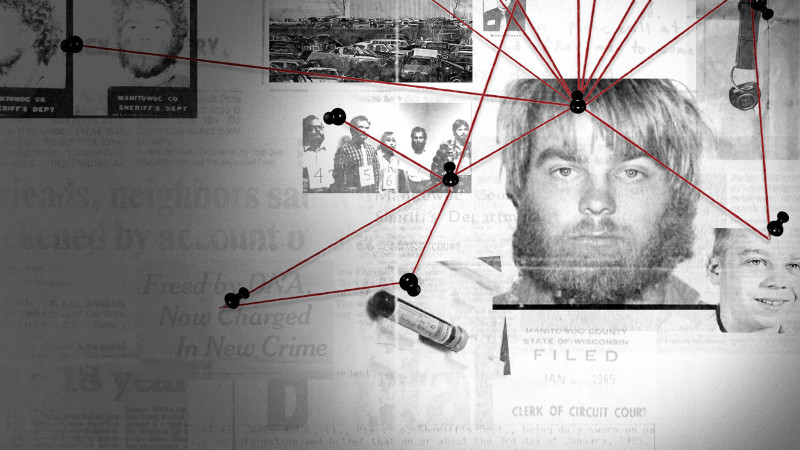Criminal defense attorney and former paramedic David Givot, Esq., recently posted an article in EMS1.com about the three lessons EMS personnel should learn from watching the 10 part Netflix documentary “Making a Murderer.” The documentary, which has become widely popular, reveals many lessons EMS personnel should know about the importance of evidence preservation and scene documentation and its impact on the outcome of a criminal trial. Mr. Givot talks about three things EMS providers should learn from the show and use on every call.
EMS personnel should recognize when a crime has been committed at the scene.
The actions of an EMS provider can make a difference about whether a crime will be solved and perpetrators will be prosecuted in a criminal case. In the midst of the chaos, an EMS provider should assess for scene safety, mechanism and how to manage the situation before them. Once it has been determined that you are at a crime scene, the EMS provider must realize there is more to do than manage the patient.
EMS personnel should preserve the evidence at the crime scene.
Outside of patient care, the most important thing an EMS provider can do is to preserve the evidence. Mr. Givot writes about the importance of understanding that everything that is touched, moved, cut, stepped on, broken or altered affects the value of the evidence at the scene of the crime. It is critical to maintain the scene in an untouched state to allow investigators to connect the clues that lead to a perpetrator and a successful prosecution of the crime. However, evidence preservation must never come at the expense of proper assessment, treatment and transportation of a patient.
EMS personnel should remember that patient care documentation is critical.
Documentation from a call at a crime scene may be subject to detailed examination in a court room with you on the witness stand. Mr. Givot urges particular care in documenting and describing anything that has been moved, the condition of the objects at the crime scene, and what you found when you arrived. Even if the documentation never ends up in court, it will be used by investigators as they try to solve the criminal case.
Medtrust Medical Transport provides emergent and non-emergent ambulance services. We support patients and their families in Charleston, Myrtle Beach and Georgetown, South Carolina with expertly trained EMT personnel and a fleet of fully-equipped ambulances. Our goal is to provide compassionate and timely patient care.
Source: EMS1.com, “3 Things “Making a Murderer” can teach EMS about evidence protection,” David Givot

